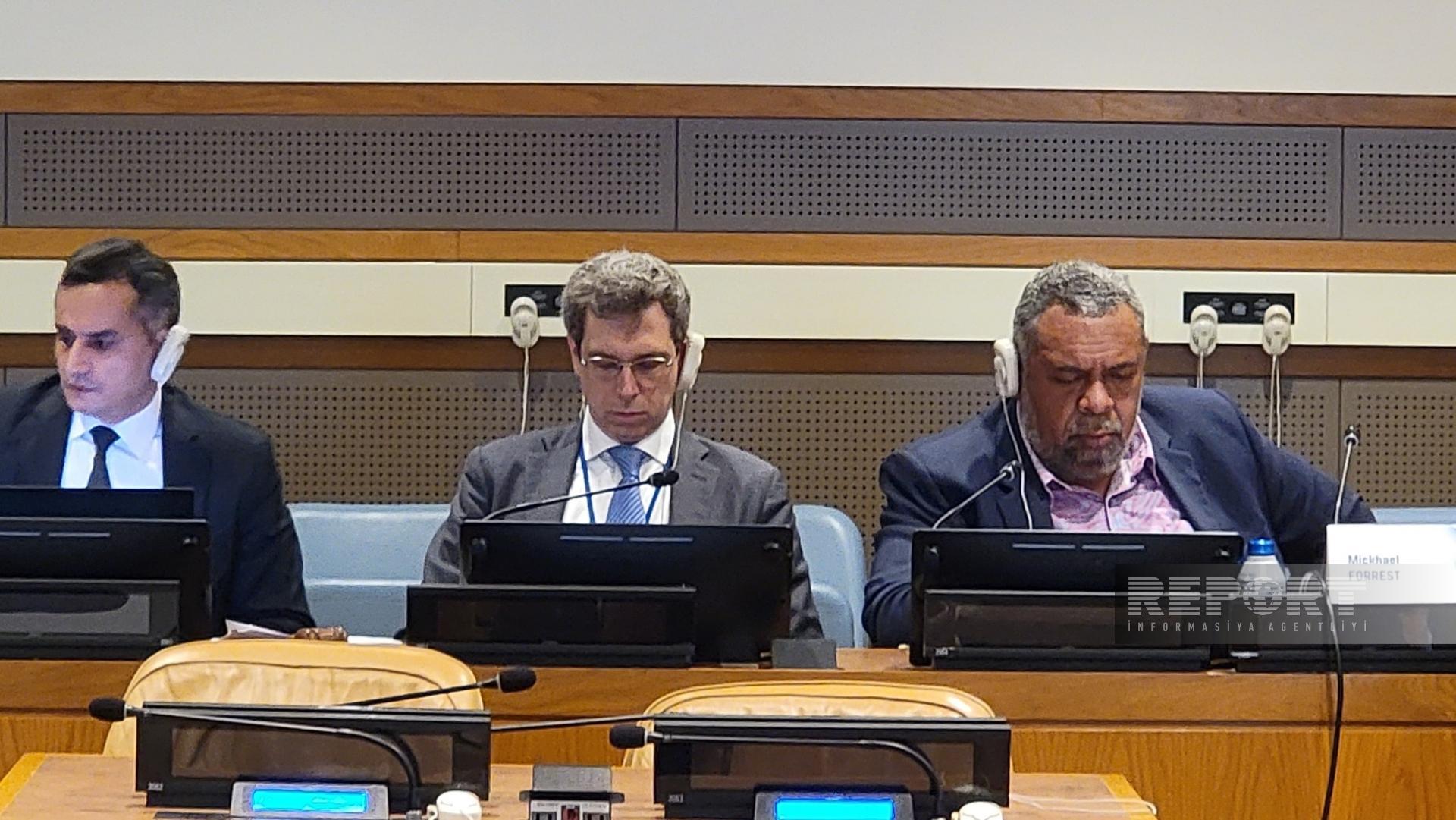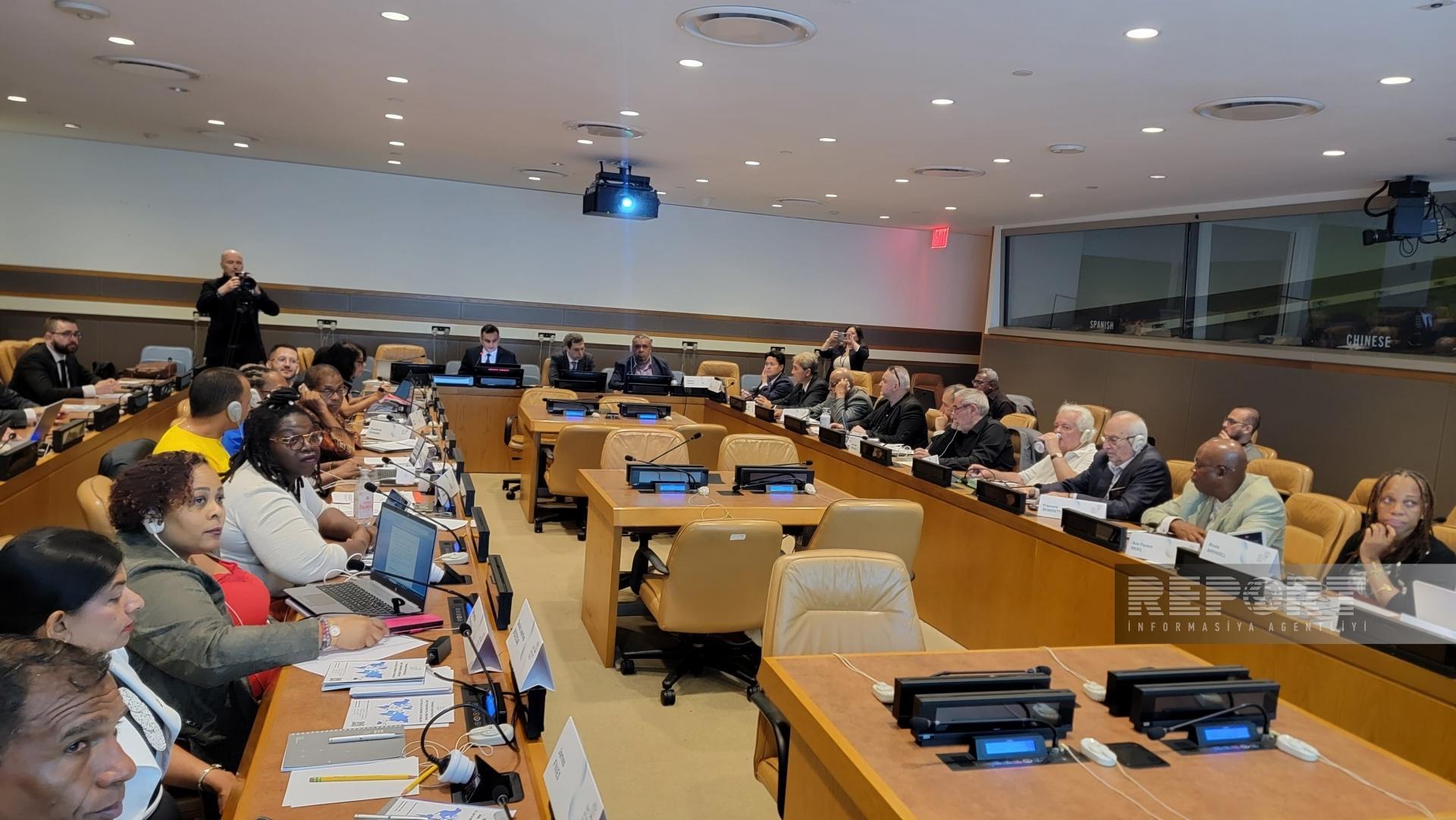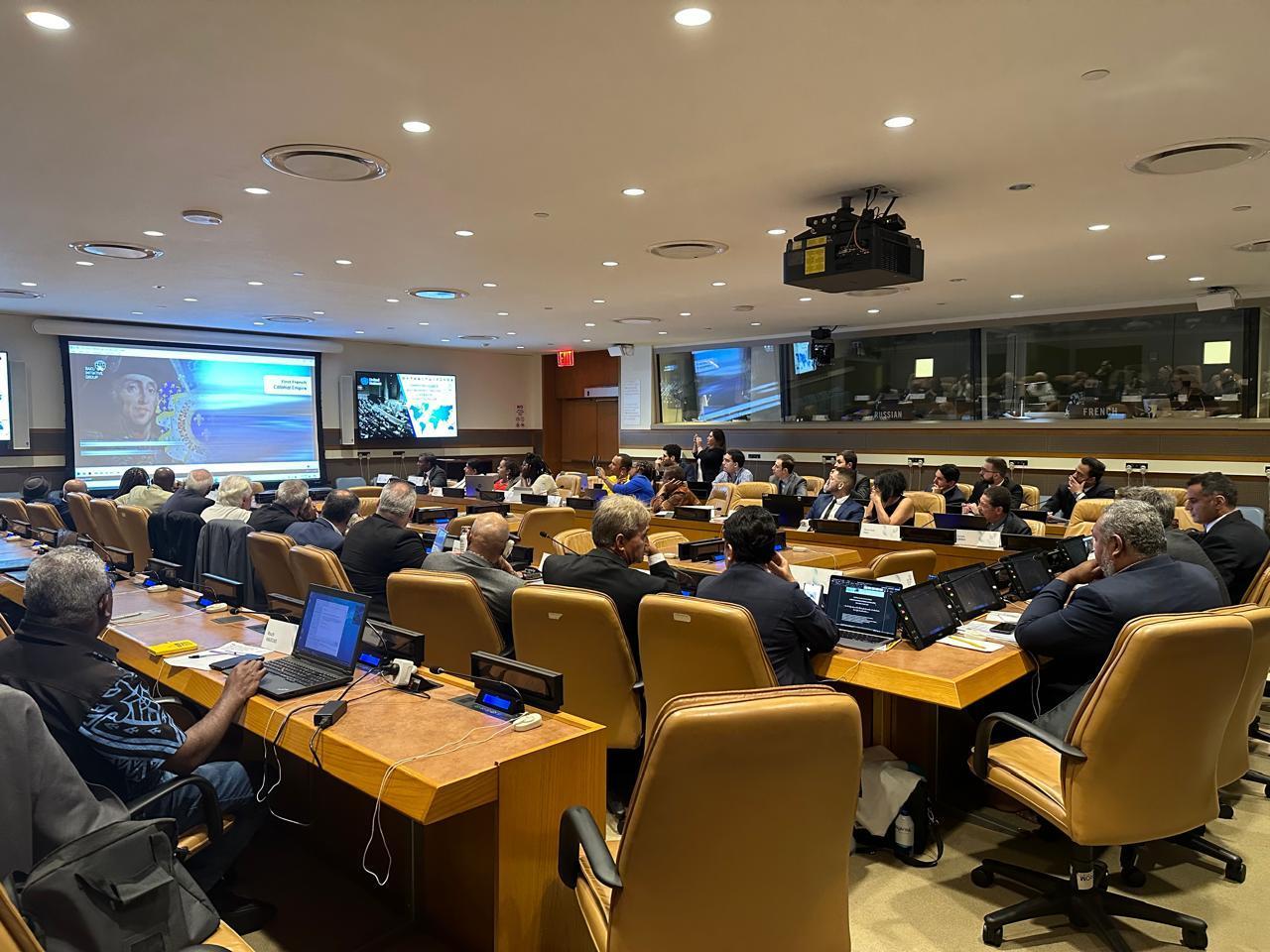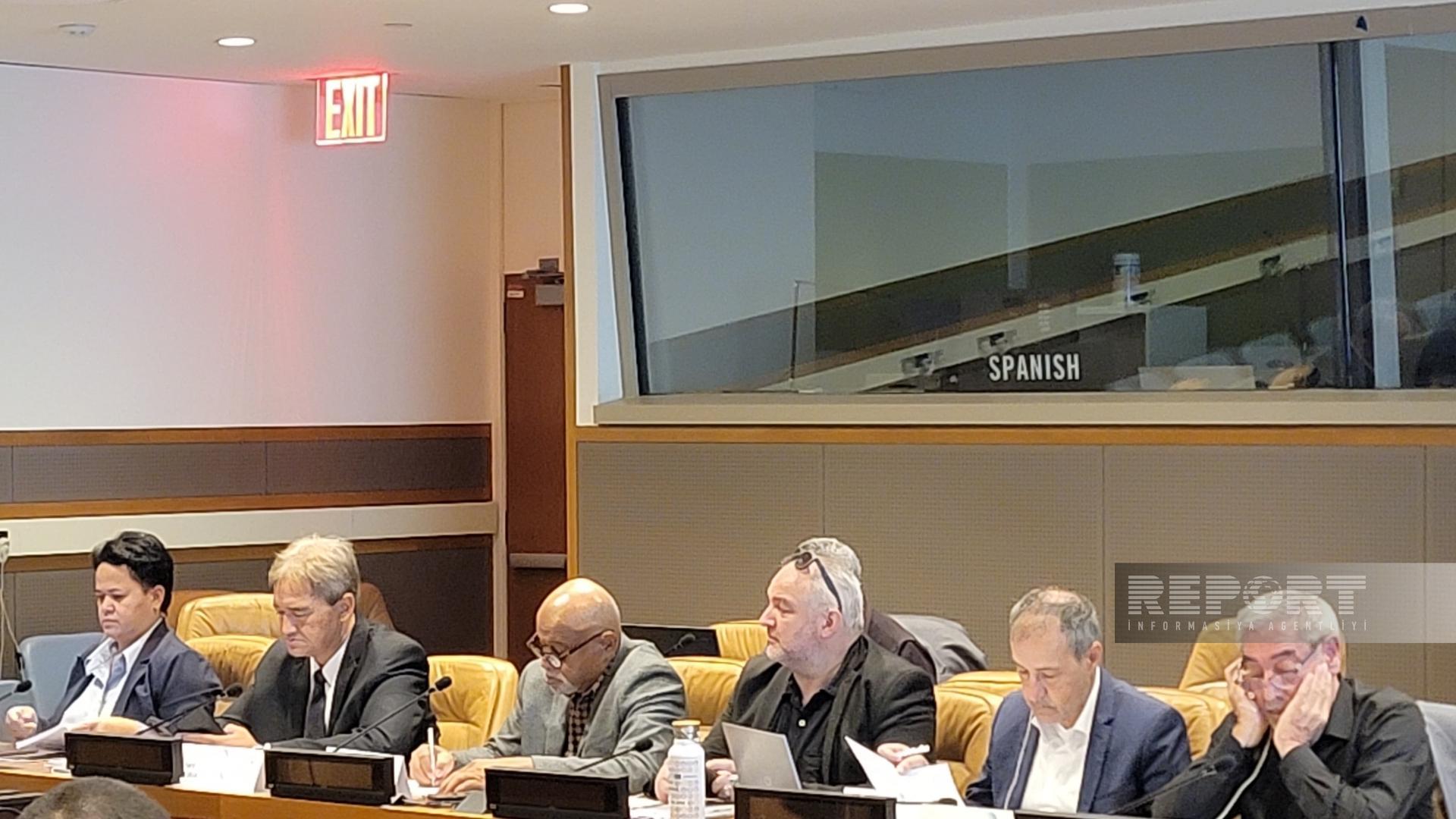Paris and Baku: A clash of interests & ideologies Historical context & rivalry origins
Since 2020, a bitter rivalry has emerged between Paris and Baku, fueled by geopolitical, cultural, and historical disputes. The conflict between these two nations geographically far away from each other became openly hostile when Azerbaijan forcibly regained territories from Armenia, which had occupied them for nearly 30 years. France’s unequivocal support for Armenia has been a significant irritant for Azerbaijan, leading to accusations of bias and unjustified pro-Armenian stances driven by the Armenian diaspora's influence in France.
The roots of Baku & Paris' rivalry
The rivalry between Baku and Paris centers on several key issues. France’s support for Armenia in the Nagorno-Karabakh conflict has been a major source of contention. Azerbaijan views this support as an attack on its sovereignty and territorial integrity. France’s Armenian diaspora wields significant political influence, pushing Paris to take stances that Azerbaijan perceives as biased and unfounded.
Azerbaijan’s focus on decolonization and France’s colonial history in Africa and beyond further exacerbate tensions. Baku positions itself as a defender of colonized nations, contrasting sharply with France’s colonial legacy.
Azerbaijan’s strategic response
In response to France’s support for Armenia, Azerbaijan has strategically highlighted France’s colonial past and ongoing issues in its former colonies. Baku has organized several high-profile events to bring attention to the problems caused by French colonization, uniting various civic groups, NGOs, and local government representatives to voice their grievances.
Azerbaijan has focused on crimes, atrocities, and mass killings committed by France in its former colonies as a counter-argument to France’s accusations against Azerbaijan. This tactic aims to delegitimize France’s moral high ground.
Azerbaijan has hosted and organized numerous international conferences, such as the recent event at the UN headquarters in New York, themed “Towards Independence and Fundamental Freedoms: C24's Role in Ending Colonialism”. These events have given a platform to representatives from French colonies to speak out against French policies.
Azerbaijan has successfully garnered support from international allies, ensuring that France’s motions against Azerbaijan at forums like the UN Security Council do not gain traction.
UN conference on decolonization
As part of the annual meeting of the Special Committee C24, the Baku Initiative Group (BIG) organized a conference at the UN headquarters, focusing on ending colonialism. Over 40 officials and leaders from territories colonized by France and the Netherlands attended, highlighting the negative impacts of French colonialism.

Speakers at the conference, including New Caledonian Foreign Minister Mickael Forrest, condemned France’s colonial policies and human rights abuses. They accused France of ignoring international demands for decolonization and continuing neo-colonial practices.
BIG Executive Director Abbas Abbasov emphasized the organization's commitment to supporting the independence movements in colonized territories. Abbasov’s video message at the UN conference reiterated BIG’s dedication to promoting human rights and fighting colonialism.
The conference concluded with a political declaration condemning France’s colonial violence in regions like New Caledonia, Corsica, and Martinique. Participants pledged to enhance their advocacy efforts through the Baku Initiative Group.
France's goals and interests in the South Caucasus
France has a significant Armenian diaspora, which exerts considerable political pressure. Supporting Armenia helps Paris secure domestic political support and maintain its influence within the Armenian community.
By actively involving itself in the South Caucasus, France seeks to enhance its geopolitical influence in a region that serves as a strategic crossroads between Europe, Asia, and the Middle East. Countering Russian and Turkish Influence: France’s involvement in the South Caucasus is also a strategic move to counterbalance the influence of Russia and Turkey, both of which have significant stakes in the region.
France has substantial oil interests in Azerbaijan. French oil companies like TotalEnergies have invested heavily in the Azerbaijani energy sector. Maintaining access to these resources is crucial for France’s energy security. Beyond oil, France seeks to foster economic partnerships in the South Caucasus to diversify its trade and investment opportunities.

Azerbaijan’s strategic importance
While supporting Armenia, France must also consider its economic interests in Azerbaijan. The South Caucasus region, particularly Azerbaijan, plays a crucial role in energy supply routes to Europe, such as the Southern Gas Corridor.
France needs to navigate the delicate balance between supporting Armenia and maintaining its economic and political relationships with Azerbaijan.
As long as France maintains a position perceived as antagonistic by Azerbaijan, it risks being excluded from critical strategic and economic opportunities in the region. Baku’s control over key logistical and energy routes means that France’s access to the South Caucasus is significantly hindered without Azerbaijani cooperation.
France might need to engage in diplomatic efforts to mend relations with Azerbaijan, possibly by adopting a more balanced approach to its South Caucasus policy.
France could position itself as a mediator in the Armenia-Azerbaijan conflict, leveraging its influence to foster dialogue and peace, which could improve its standing with both nations. France could work within the framework of the European Union to shape a coherent and balanced South Caucasus policy that considers the interests of both Armenia and Azerbaijan.

By aligning with EU initiatives, France can amplify its influence and potentially mitigate the fallout from its bilateral disputes with Azerbaijan. France could offer investments and economic partnerships in post-conflict reconstruction and development in the South Caucasus, including in Azerbaijani territories, to regain favor. Strengthening energy cooperation with Azerbaijan while supporting regional stability could help France protect its economic interests.
Conclusion
The rivalry between Paris and Baku reflects deep-seated historical, political, and cultural conflicts. Azerbaijan’s proactive stance in highlighting France’s colonial legacy and supporting decolonization movements serves as a strategic counter to France’s support for Armenia. As Azerbaijan continues to host international events and build alliances, the rivalry shows no signs of abating, with both nations striving to influence global perceptions and policies in their favor.
France’s goals in the South Caucasus revolve around maintaining its geopolitical influence, supporting Armenia, and safeguarding its economic interests, particularly in the energy sector. However, its strategy is complicated by the necessity to navigate the tense relationship with Azerbaijan. To achieve its objectives, France will need to pursue a balanced approach that addresses the interests and concerns of both Armenia and Azerbaijan while leveraging its position within the European Union and employing strategic economic diplomacy.








